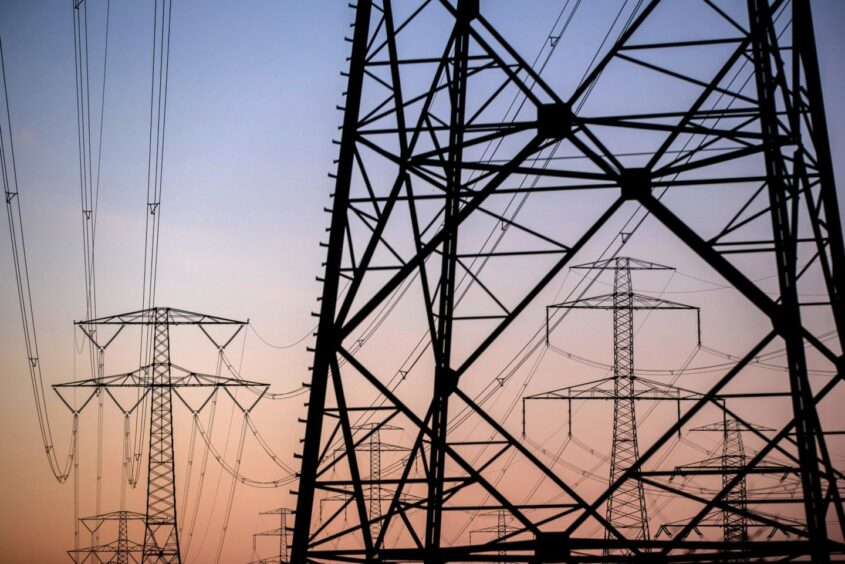
Power prices in Europe are tipped to remain at “historically high levels”, at least in the medium term.
Research from credit rating agency Moody’s finds supply and demand for electricity will likely be “tight” this winter, keeping costs where they are.
While the UK does not rely on imports of Russian gas, it is a big importer and gas prices have surged in the last year on uncertainties over supply, adding a “significant risk premium” to the forward curve.
The issue has been exacerbated by prolonged outages of French nuclear capacity and low rainfall levels, which has impacted hydro power in Norway.
Those two situations have combined to place even greater demand on already stretched gas supplies.
Recent warmer weather has contributed to a dip in power prices, but volatility remains very high, Moody’s said.
Governments across Europe are mulling, or have implemented windfall taxes on the energy sector in a bid to claw back “exceptional profits” to help consumers.
And Moody’s says the influence of higher power prices on utilities’ credit quality may wane if more profit raids are announced.
Notably, in the second quarter of 2022, the UK became a net exporter of electricity. I
Imports decreased by more than two thirds while exports increased sixfold, but Moody’s expects this situation to be temporary
In the longer term, the company says the review of the current price-setting mechanism, based on the marginal fuel, could lead to a fundamental reshuffling of the power markets.
Westminster is working to uncouple the price of cheap green energy from the prices of gas by moving developments onto long-term contracts for difference, which guarantee generators a fixed price.
Paul Marty, senior vice president at Moody’s, said: “The electricity supply/demand balance this winter will be tight in most north-western European markets because of low nuclear availability in France, low levels of hydroelectric power across Europe and risks to gas supply.
“Southern Europe is in a better place because of abundant renewable generation and greater access to liquid natural gas [LNG] imports.”
Recommended for you

